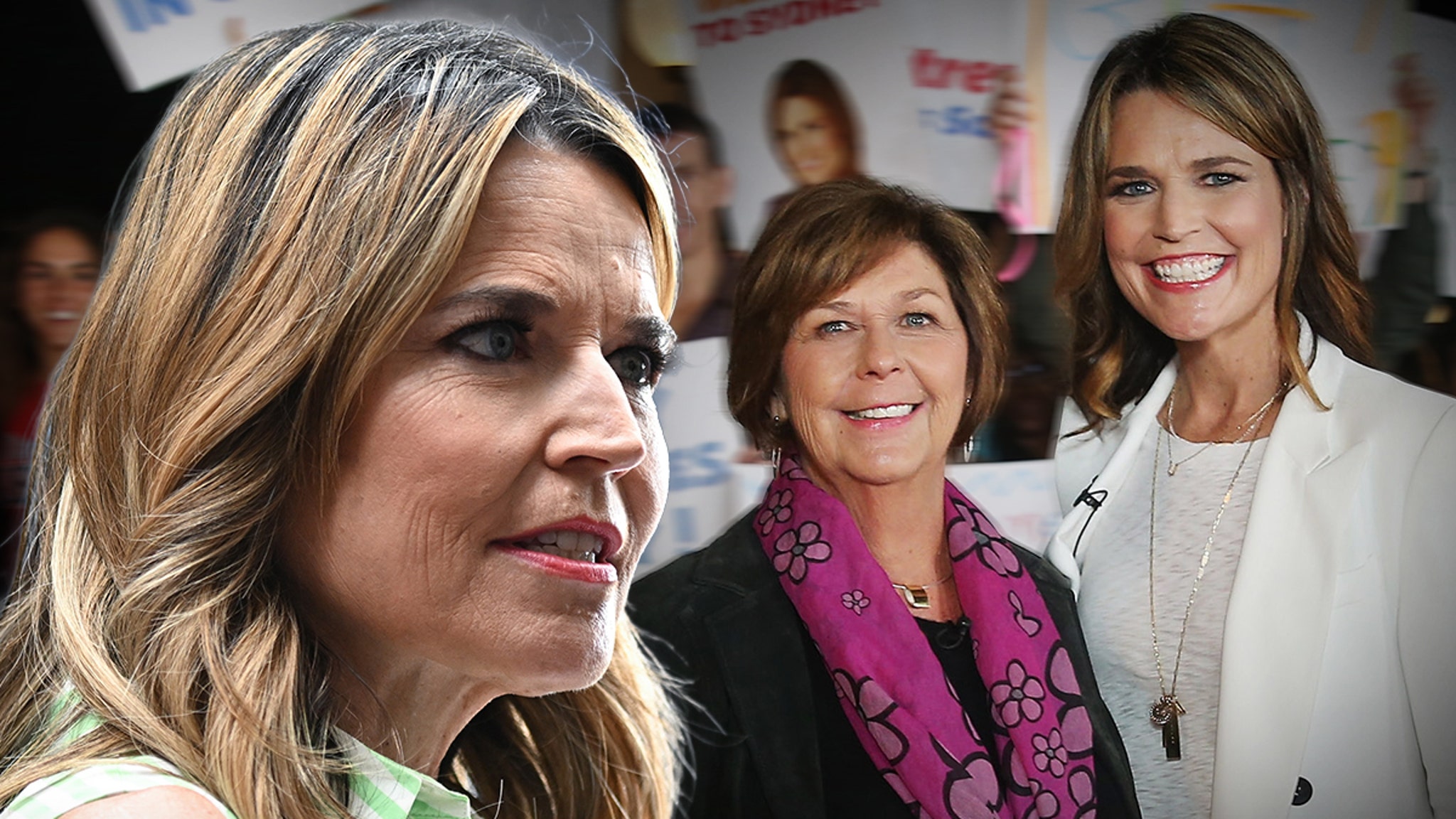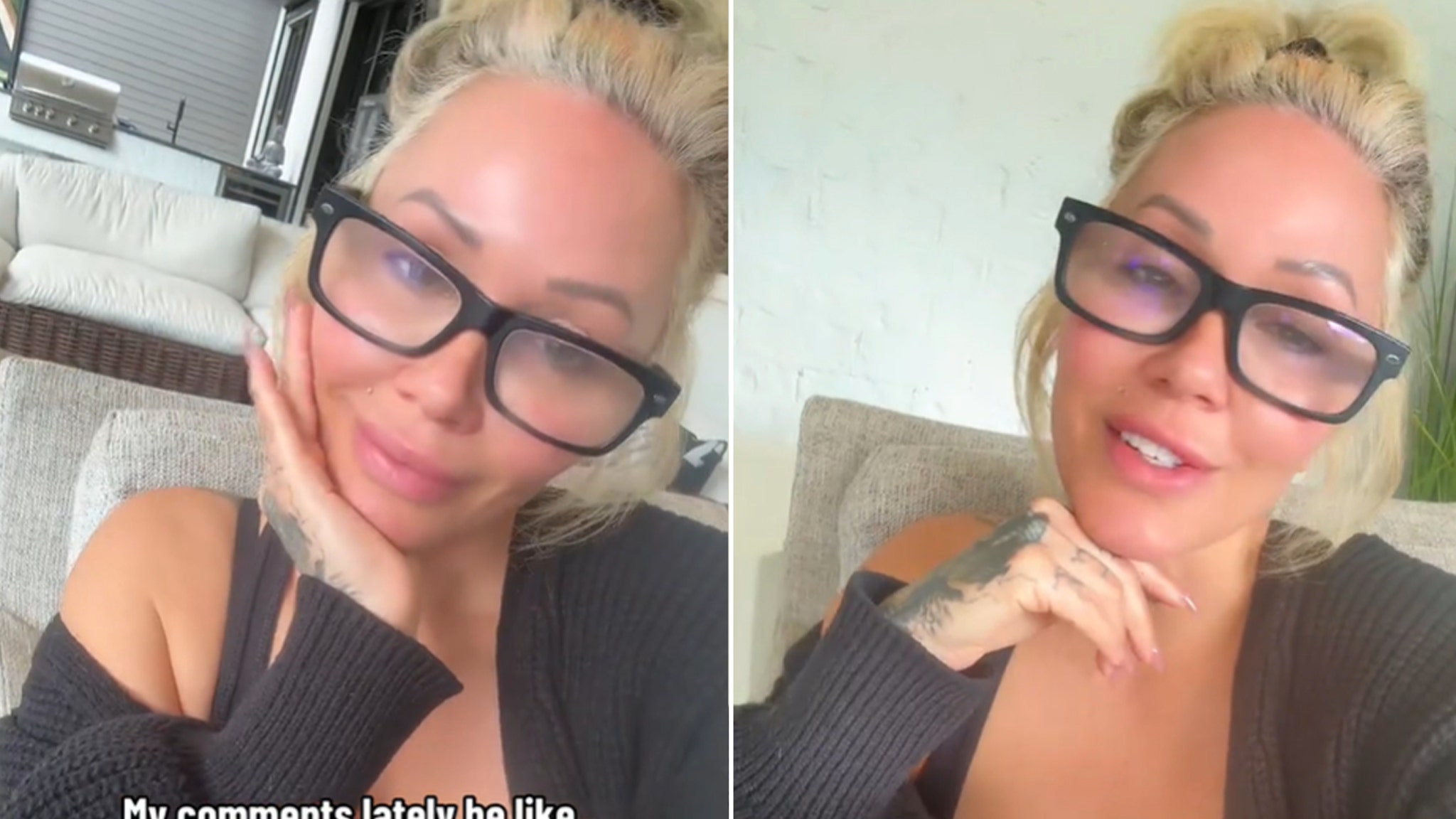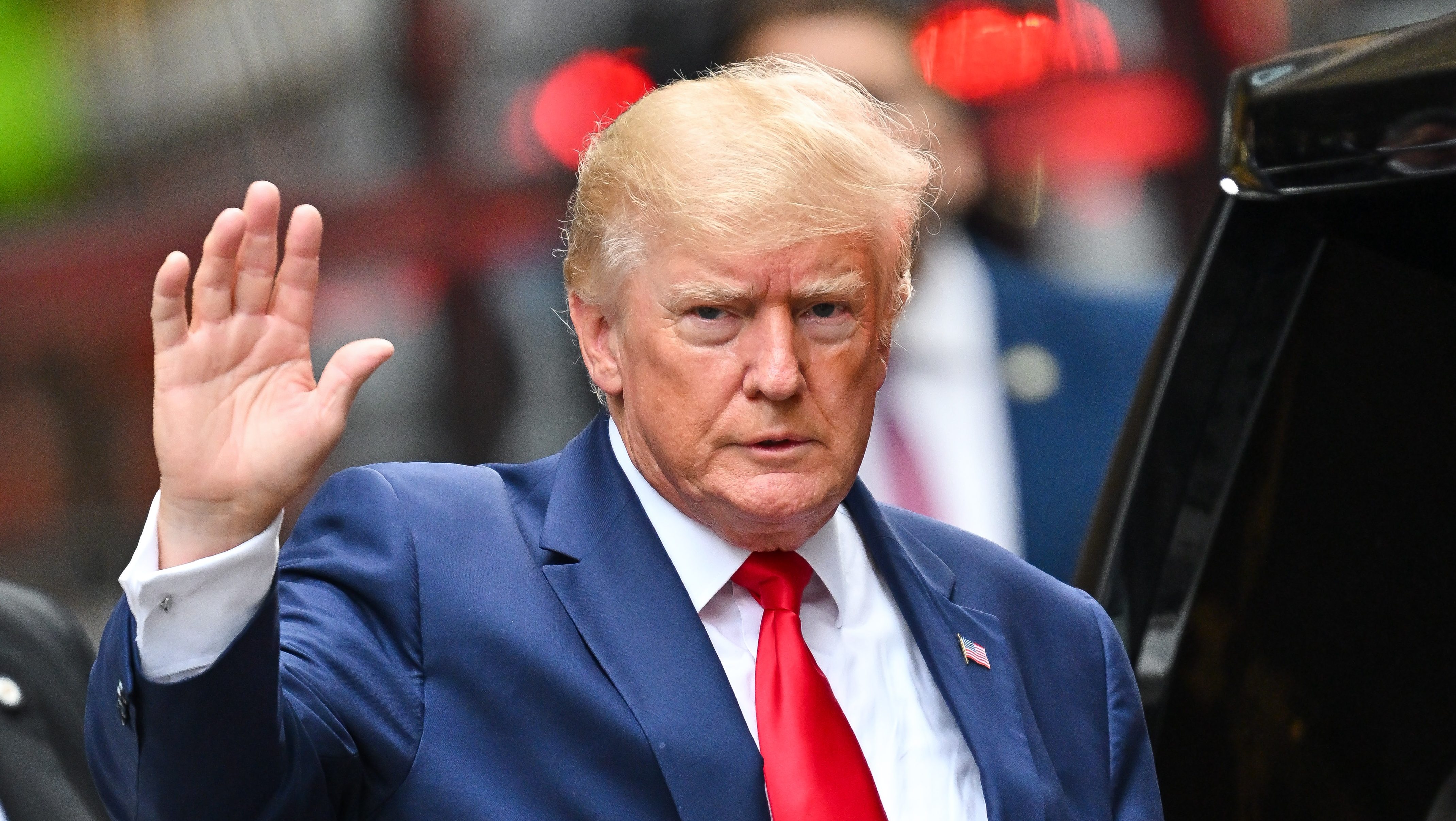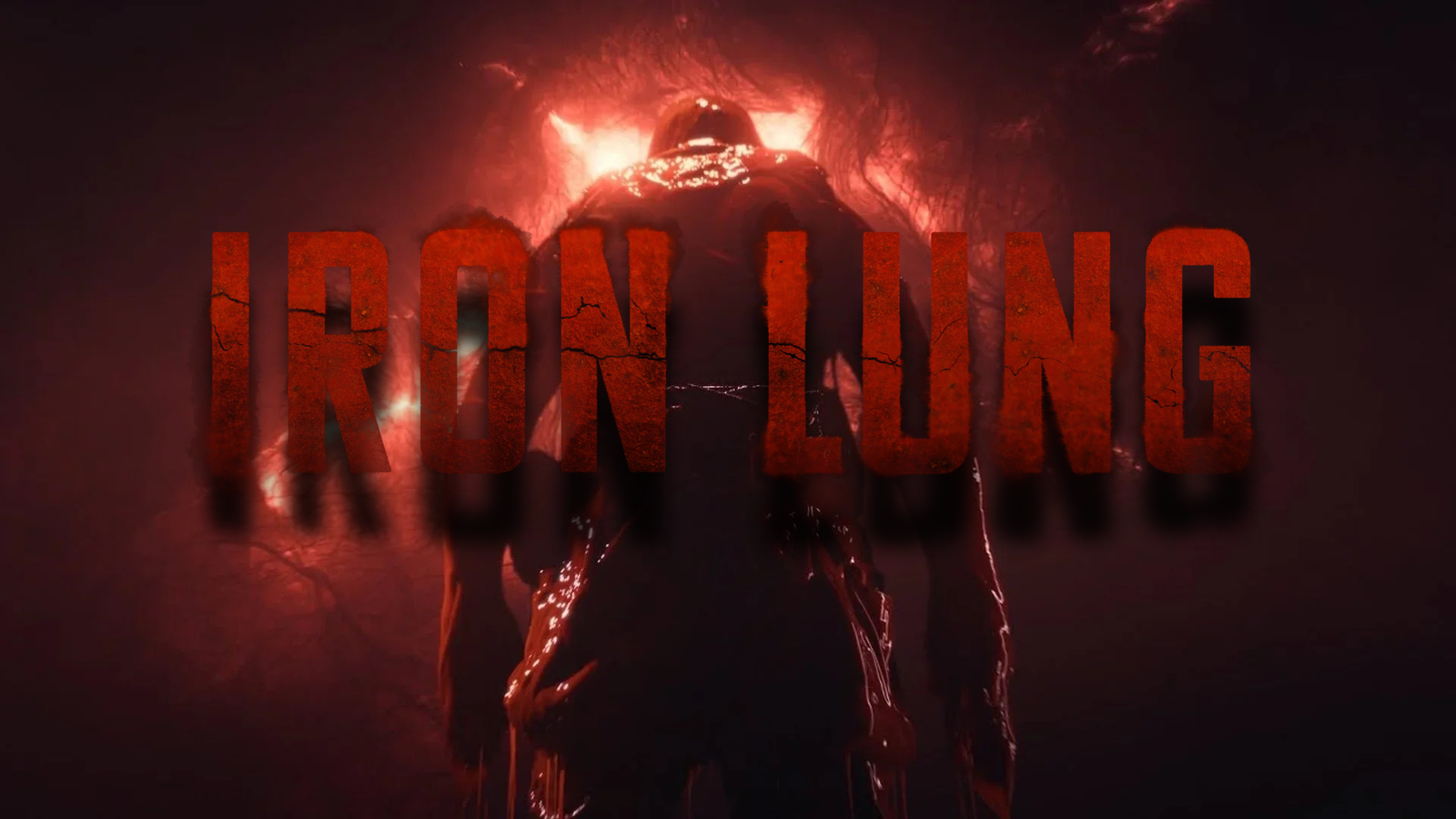The United States will impose a 100 per cent tariff on movies made outside the country, along with foreign-made furniture, U.S. President Donald Trump said in a social media post Monday.
However, it is not immediately clear how such tariffs, particularly those on movies, could work or when they will come into force.
“Our movie making business has been stolen from the United States of America, by other Countries,” Trump wrote on Truth Social, adding California “has been particularly hard hit.”
“Therefore, in order to solve this long time, never ending problem, I will be imposing a 100% Tariff on any and all movies that are made outside of the United States. Thank you for your attention to this matter.”

Trump also indicated he was going to impose tariffs on foreign-made furniture.
“In order to make North Carolina, which has completely lost its furniture business to China, and other Countries, GREAT again, I will be imposing substantial Tariffs on any Country that does not make its furniture in the United States. Details to follow!!!”
Trump last week said he will put a 30 per cent tariff on upholstered furniture imports starting Oct. 1, along with 50 per cent tariffs on imported kitchen cabinets and bathroom vanities.
Concerns for Canada’s film industry
Trump’s move would end up undermining the deeply integrated North American film industry, the Canadian Chamber of Commerce said in a statement.

Get breaking National news
For news impacting Canada and around the world, sign up for breaking news alerts delivered directly to you when they happen.
“Canada and the United States do not just trade films, we make them together. Breaking that model would weaken both economies and jeopardize thousands of middle-class jobs on both sides of the border,” said Catherine Fortin-LeFaivre, senior vice president of the Canadian Chamber of Commerce.
Trump first floated the possibility of slapping tariffs on foreign-made movies in May, but experts said such a policy would be difficult to put in place.

He said days after that initial announcement that he would meet with Hollywood industry leaders this summer on a broader strategy to boost domestic film production before imposing any tariffs.
It’s unclear how a foreign film tariff would operate, since movies and TV shows can be transmitted digitally without going through ports. Also unclear is what it would mean for U.S. movies filmed on foreign locations, or what legal basis the president would claim for imposing the tariffs.
Toronto and Vancouver are home to Canada’s largest film production bases, but other provinces like Alberta have played a growing role in the North American industry in recent years.
Ontario Premier Doug Ford expressed exasperation over Trump’s announcement when asked about it Monday, and vowed the province’s film industry would continue to grow despite the threats.
“The guy drives me crazy,” he told reporters in Hamilton. “Let’s focus on what we can do (to make Ontario more competitive).”
B.C. Jobs Minister Ravi Kahlon said the province would wait to respond until any details on the potential tariffs emerge from the Trump administration. He declined to speculate on how the government will help support the industry, but promised that support would be there if needed.
“It’s unclear at this stage if anything will come from this new claim from the president,” he told reporters in a virtual briefing. “We have concerns, but we’ll have to see what comes from those before we take next steps.”
Kahlon noted that the film industry is one that is “very difficult to put a tariff on — it’s not as simple as the president putting out a tweet.”
“The reality is, the film industry from the U.S. doesn’t come up here to British Columbia to do us favours,” he added. “They come up here because we have the best crews, we have professionals who are really good at what they do, and any decisions being made are going to have impacts on the film industry in the U.S. as well as Canada.”
—With files from the Associated Press
© 2025 Global News, a division of Corus Entertainment Inc.





















